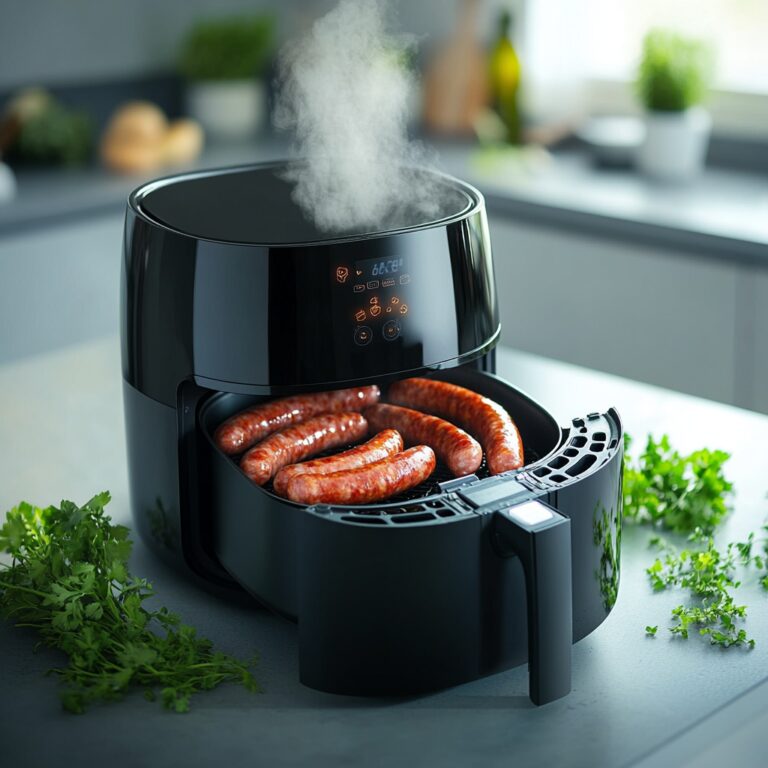Diet Tips for Women: Comprehensive Guide to Effective Weight Loss
Embarking on a weight loss journey can be challenging, especially with the plethora of information available. This guide aims to provide effective, practical, and science-backed tips specifically tailored for women. By following these tips, you are setting a strong foundation for achieving and maintaining your ideal weight.
Understanding Your Body and Weight Loss Needs
It is essential to recognize that a woman’s body undergoes various hormonal changes throughout her life, which can influence weight management. Factors such as menstruation, pregnancy, menopause, and more can affect how the body stores and uses fat.
Assess Your Current Health Status
Before starting any weight loss plan, it’s crucial to:
- Consult with a healthcare professional.
- Understand your Body Mass Index (BMI) and other health indicators.
- Identify any underlying health conditions that might affect your diet and exercise patterns.
Creating a Balanced Diet Plan
Having a well-balanced diet is key to achieving sustainable weight loss. This involves incorporating a variety of nutrient-dense foods and avoiding extreme diets that can lead to nutritional deficiencies.
Macronutrients: Carbs, Proteins, and Fats
A balanced diet includes proper proportions of macronutrients:
- Carbohydrates – Choose whole grains, fruits, and vegetables. Avoid refined sugars and processed foods.
- Proteins – Include lean proteins such as chicken, fish, tofu, and legumes in your diet.
- Fats – Opt for healthy fats found in sources like avocados, nuts, seeds, and olive oil.
Incorporate Micronutrients
Vitamins and minerals are crucial for overall health. Ensure your diet includes:
- Calcium and Vitamin D for bone health.
- Iron to prevent anemia and enhance energy levels.
- Fiber to aid digestion and keep you feeling full longer.
Effective Meal Planning and Portion Control
Planning your meals can significantly impact your weight loss success. Mindful eating and portion control are essential components of this process.
Plan Your Meals Ahead
Having a meal plan can help you avoid unhealthy food choices:
- Prepare a weekly meal plan and shopping list.
- Consider meal prepping to save time and ensure you have healthy options available.
- Incorporate a variety of foods to avoid boredom and promote a balanced intake of nutrients.
Mindful Eating
Practicing mindful eating involves:
- Paying attention to hunger and fullness cues.
- Avoiding distractions like television or smartphones during meals.
- Chewing food thoroughly and savoring each bite.
Incorporating Regular Exercise
While diet plays a critical role in weight loss, regular physical activity cannot be overlooked. It helps in burning calories, increasing metabolism, and toning muscles.
Choose the Right Type of Exercise
Incorporate a mix of exercises to keep it enjoyable and effective:
- Cardio – Activities like running, cycling, and swimming help burn calories.
- Strength Training – Lifting weights and bodyweight exercises build muscle and boost metabolism.
- Flexibility and Balance – Yoga and Pilates improve flexibility and core strength.
Set Realistic Goals
Setting achievable fitness goals can motivate you:
- Start with small, attainable goals and gradually increase intensity.
- Track your progress to stay motivated and adjust your routine as needed.
- Listen to your body and allow rest days for recovery.
Lifestyle Changes and Habits
Effective weight loss is a result of sustainable lifestyle changes. These include modifying your daily routines and creating healthy habits.
Stay Hydrated
Hydration is vital for overall health and can contribute to weight loss:
- Aim to drink at least 8 glasses of water per day.
- Replace sugary drinks with water, herbal teas, or infused water.
- Stay mindful of your hydration levels, especially during exercise.
Adequate Sleep
Quality sleep is essential for weight loss:
- Aim for 7-9 hours of sleep per night.
- Develop a sleep routine with consistent bedtime and wake-up times.
- Avoid caffeine and screen time before bed to improve sleep quality.
Dealing with Setbacks
It is normal to face challenges during your weight loss journey. The key is to stay resilient and motivated.
Stay Positive
Maintaining a positive outlook helps in overcoming obstacles:
- Accept that setbacks are part of the process and learn from them.
- Celebrate small victories to stay motivated.
- Surround yourself with supportive friends and family.
Adjust Your Plan as Needed
Flexibility in your approach can enhance long-term success:
- Monitor your progress and make changes if necessary.
- Seek professional advice if you hit a plateau or face challenges.
- Stay open to trying new foods, exercises, and techniques.
Effective weight loss for women involves a multifaceted approach that includes balanced nutrition, regular exercise, and sustainable lifestyle changes. By understanding your body’s needs and making mindful choices, you can achieve and maintain your weight loss goals.
Take the first step today, and embrace a healthier you!





